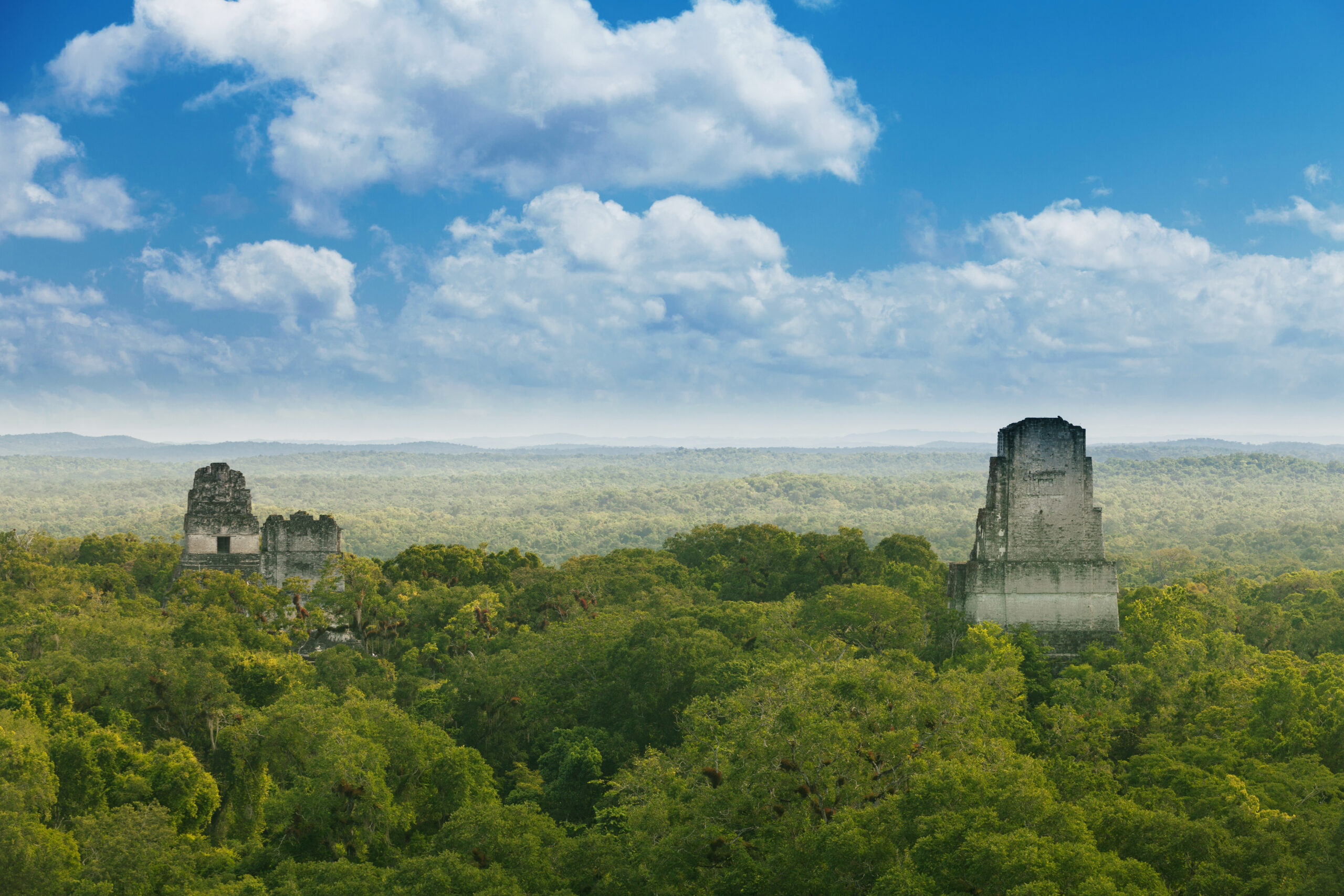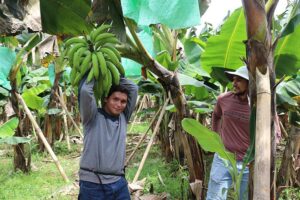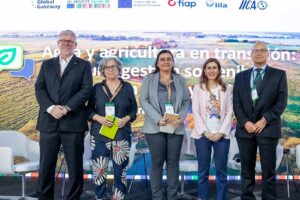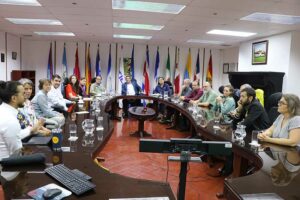Forest management in Petén: a global example in the sustainable management of tropical forests

- CATIE and CIRAD develop actions to promote nature-based solutions that promote sustainable forest management of tropical forests in Central America.
April 6, 2022 For more than 25 years, with the creation of the Maya Biosphere Reserve, various research, monitoring, technical and regulatory documents have been developed to promote community forest management as a strategic study model in Central America and as a global example of sustainable forest management.
Through these contributions, it has been demonstrated that, both from a productive and conservation point of view, it is possible to consolidate and combine a productive, social and technical model that favors local development and environmental protection.
Therefore, since 2021, with the support of the French Cooperation, the French Center for International Cooperation in Agronomic Research for Development (CIRAD) and CATIE (Tropical Agricultural Research and Higher Education Center), together with the Association of Forest Communities of the Petén (ACOFOP, its Spanish acronym), are working to promote internationally the model of community forestry as a nature-based solution.
The community concessions of the Petén, Guatemala, represent a model where actions were developed to promote and implement sustainable forest management for tropical forests; management based on better tools and strategies to make the rational use of forest resources compatible.
"The forest management carried out in the Petén's community concessions consists of a rational use of forest resources and their conservation as part of achieving the global objectives of climate change mitigation, biodiversity conservation and the provision of associated ecosystem services. It is also a sustainable use of timber and non-timber forest resources for the well-being of forest populations that depend directly on the forest. This management is focused on the protection of forest resources, because "what is used is conserved," said Marie AngeNgoBieng, a researcher at CIRAD and CATIE.
Forest concessions are known as a legal and technical mechanism that, in the case of the Petén, its importance lies in conserving the last block of tropical forest in Guatemala, while it is also the largest block that forms the heart of the traditional Mayan forest and is one of the five largest community conserved forests in Mesoamerica. This approach promotes the conservation and sustainable use of the forests, while aiming to strengthen local socio-economic development. Currently, there are 11 forest concessions; two were recently added; and two others are private.
In addition to timber and non-timber products, there is also a community tourism service, which seeks to empower and employ women and young people, both key populations and leaders in the collection, processing and marketing of these products, as well as in the management of forest fires.
According to ACOFOP, more than 15,000 people benefit directly from this model and more than 70,000 people indirectly. In addition to reinvesting profits in the protection and conservation of the forest, it has also managed to offer salaries above the minimum wage established by law in Guatemala, and contributes to local education (scholarships, supplies, infrastructure and equipment), as well as family integration.
Among the main contributions and precedents set by forestry work in the Petén is the forest coverage of more than 500,000 hectares of forest; and, according to recent studies conducted by CATIE, it has been proven that the goals of 17 Sustainable Development Goals (SDGs) are met. At the local level, thousands of jobs and income are generated for families, which strengthens access to health and education.
“Conservation and development are possible as long as the communities are taken into account in decisions about their territories. These decisions must arise from local needs in order to continue strengthening a model that has demonstrated concrete results and is in itself a development model. The challenges are to maintain the growth that has been achieved, to consolidate the productive, social and technical model so that other interests opposed to conservation and local development do not prevail," said Teresita Chinchilla, ACOFOP's technical director.
More information:
Marie Ange Ngo Bieng
Researcher
Forests and Biodiversity in Productive Landscapes Unit
marieange.ngo@catie.ac.cr
Written by:
Dannia Gamboa Solís
Communications Assistant
Information Technology and Communication
dannia.gamboa@catie.ac.cr



